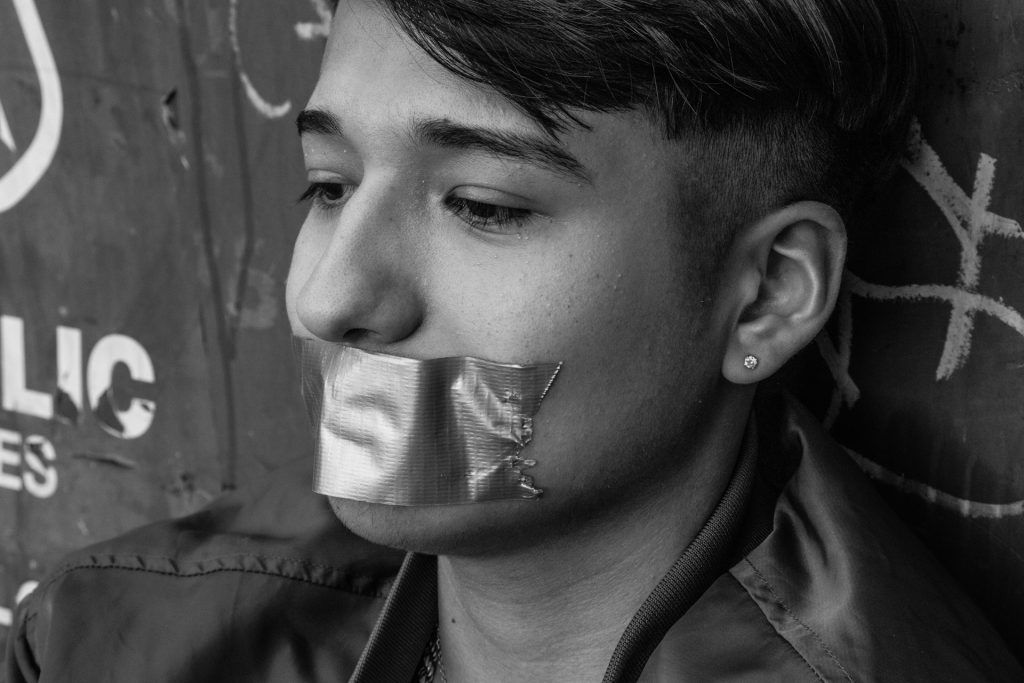
Image Source: unsplash.com
In today’s hyperconnected world, the term “cancel culture” has become increasingly prevalent in our social discourse. What began as a way to hold powerful figures accountable has evolved into something more complex and potentially concerning. This phenomenon raises important questions about free speech, accountability, and the fine line between justified consequences and mob mentality. As we navigate these challenging waters, understanding the nuances of cancel culture becomes essential for maintaining healthy social dialogue while ensuring wrongdoing doesn’t go unchecked.
1. The Evolution of Cancel Culture in Modern Society
Cancel culture emerged from legitimate efforts to address previously unchecked abuses of power and privilege. Social media platforms democratized the ability to call out problematic behavior, giving voice to those who historically lacked institutional power. The #MeToo movement demonstrated how collective action could topple seemingly untouchable figures who had engaged in sexual misconduct for decades. However, what began as targeted accountability has expanded beyond its original scope to encompass a wider range of perceived transgressions. The speed at which cancellation occurs has accelerated dramatically, with public judgment often preceding complete information or context. This evolution raises questions about whether cancel culture has transformed from a tool of justice into something that potentially stifles open discourse and nuanced thinking.
2. The Psychological Impact of Public Shaming
Public shaming has existed throughout human history to enforce social norms and boundaries. Digital platforms have amplified this age-old practice to unprecedented levels, creating permanent records of transgressions that follow individuals indefinitely. Research suggests that intense public shaming can trigger severe psychological distress, including anxiety, depression, and, in extreme cases, suicidal ideation among targets of cancellation campaigns. The fear of being “canceled” has created a chilling effect where many individuals self-censor to avoid potential backlash, potentially limiting creative expression and authentic dialogue. This atmosphere of caution extends beyond public figures to everyday people who worry that past mistakes or misinterpreted comments could destroy their reputations and livelihoods.
3. When Accountability Becomes Censorship
Distinguishing between legitimate accountability and problematic censorship requires careful consideration of context, intent, and proportionality. Holding powerful individuals responsible for harmful actions is necessary to maintain social standards and protect vulnerable populations. However, cancel culture sometimes fails to differentiate between genuinely harmful behavior and opinions that simply diverge from the current consensus. The absence of clear standards regarding what warrants cancellation creates inconsistent applications that can appear arbitrary or politically motivated. When cancellation extends to silencing debate on complex social issues rather than addressing harmful conduct, it risks undermining the very principles of open discourse that enable social progress. The permanent nature of digital cancellation offers limited pathways for redemption, raising questions about whether our culture allows for growth, learning, and rehabilitation.
4. The Role of Social Media Algorithms in Amplifying Outrage
Social media platforms utilize algorithms designed to maximize engagement through emotional reactions, particularly outrage and indignation. These algorithms systematically promote content that generates strong emotional responses, creating feedback loops that reward increasingly extreme positions. Users receive constant reinforcement for participating in cancellation campaigns, creating powerful incentives for pile-on behavior. Platform design encourages quick judgment rather than thoughtful consideration, with character limits and rapid-fire interactions ill-suited for a nuanced discussion of complex issues. The business model of social media companies directly benefits from controversy and division, raising questions about whether these platforms can ever truly support healthy social discourse without fundamental redesign.
5. Finding a Balance Between Accountability and Compassion
Creating healthier discourse requires acknowledging that both unchecked harmful behavior and disproportionate punishment are problematic. We can maintain accountability while incorporating principles of restorative justice that focus on repair rather than permanent exclusion. Developing more nuanced approaches to addressing wrongdoing might include considering factors such as intent, pattern of behavior, willingness to learn, and proportional consequences. Media literacy education becomes essential in helping people critically evaluate cancellation campaigns rather than automatically joining the digital pile-on. Building cultural capacity for forgiveness and rehabilitation allows society to maintain standards while recognizing human fallibility and capacity for growth.
The Path Forward: Reclaiming Nuance in a Binary World
The challenge before us isn’t choosing between accountability and free expression but finding ways to uphold both values simultaneously. Cancel culture reflects legitimate concerns about power and justice while sometimes overreaching in ways that undermine productive dialogue. By approaching these issues with greater nuance, we can create spaces where harmful behavior faces the consequences while maintaining room for good faith, disagreement, learning, and redemption. This balanced approach requires more effort than binary thinking but ultimately creates a healthier social environment where justice and compassion coexist. The future of our discourse depends on our ability to navigate these tensions thoughtfully rather than surrendering to the simplistic extremes that digital platforms often encourage.
What experiences have you had with cancel culture? Have you witnessed instances where it served justice or went too far? Share your thoughts in the comments below.
Read More
6 Honest Mistakes You’re Making at Work That Will Get You Fired
The Silent Office War: 7 Clues Your Coworkers Are Setting You Up
Leave a Reply